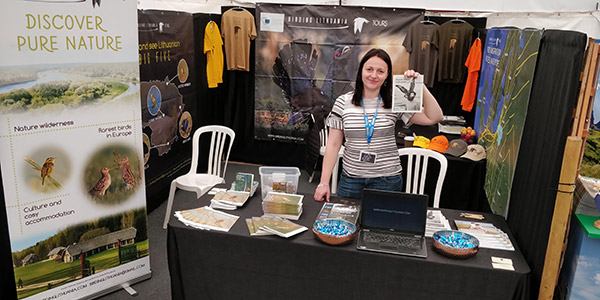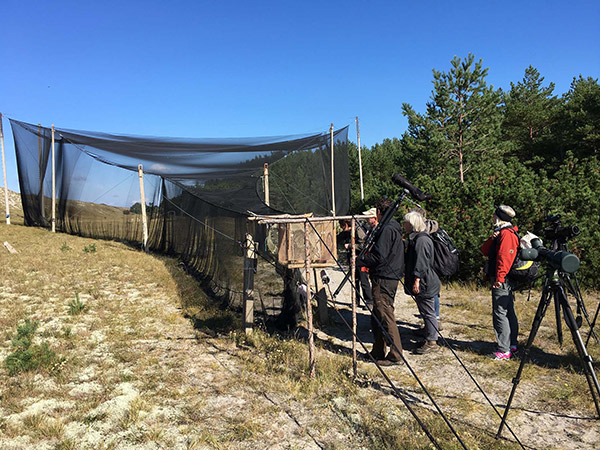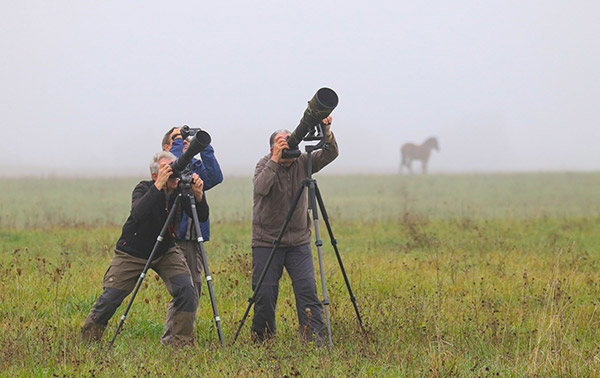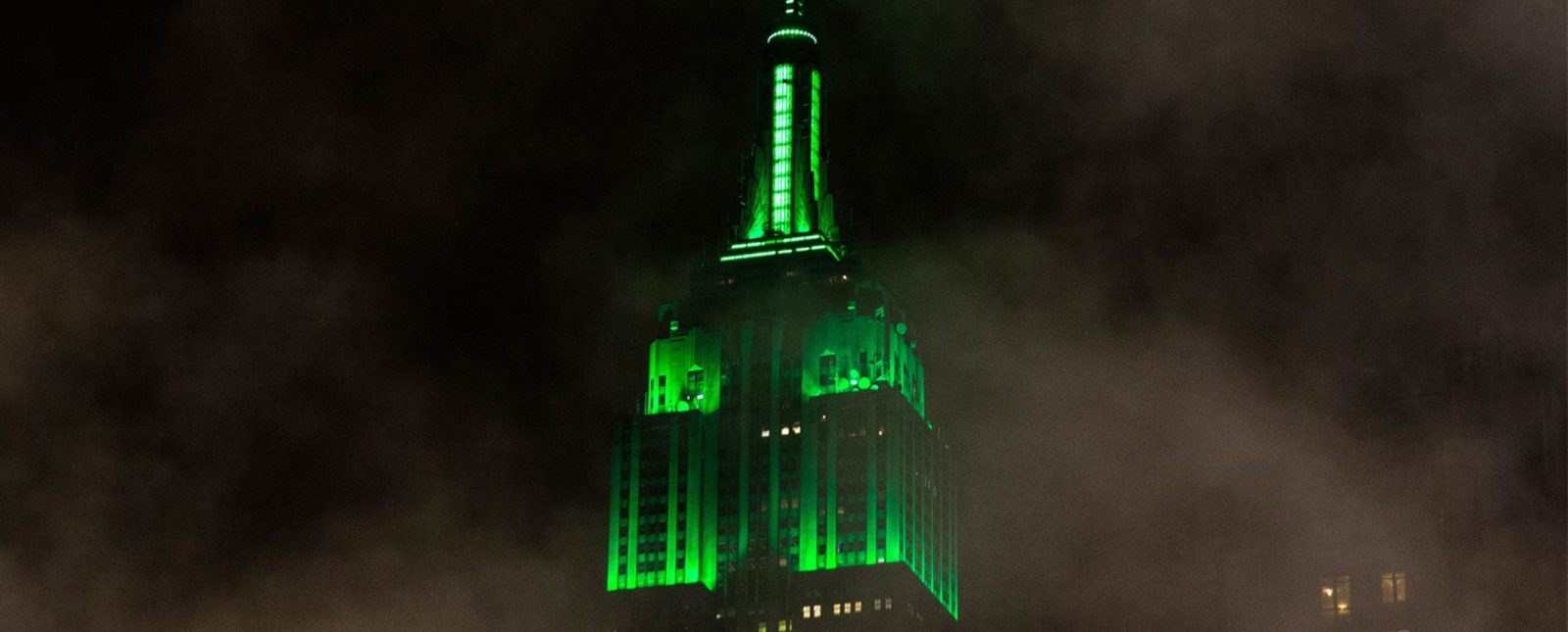Birdwatching Tourism
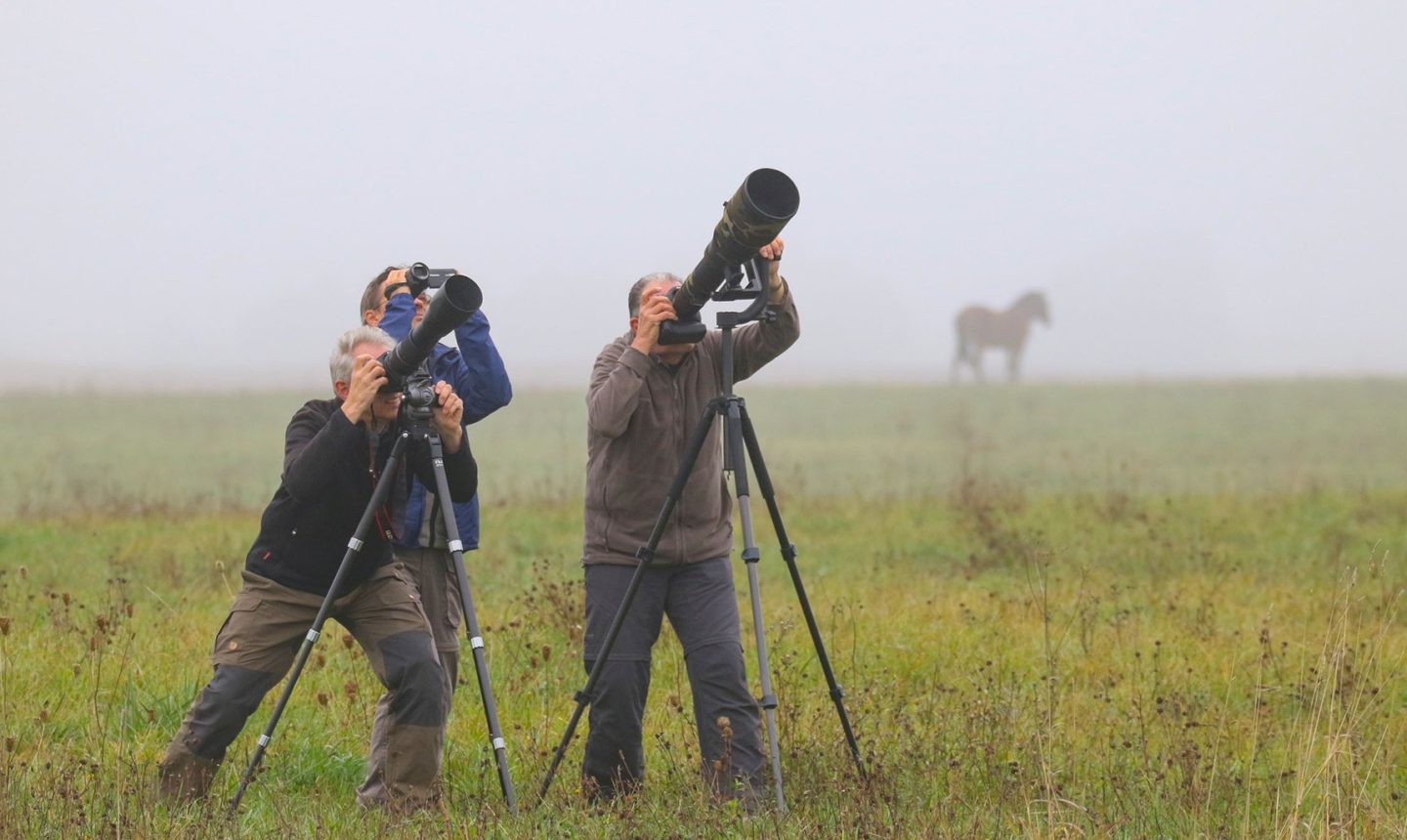
What is birdwatching?
The sheer joy of birdwatching (or birding) can be hard to explain to those who do not pursue it. In its simplest form, it is a celebration of nature. For many, it is the complete unpredictability of birding that makes it attractive. You can go out with a basic idea of what birds you might see, but you will almost certainly come back having witnessed something you did not expect to. You may chance upon an unusual bird species for the area, a familiar bird wearing an unusual plumage or exhibiting behaviour you have not seen before. Yes, the swallows leave in the autumn and return in the spring but year-to-year their arrival and departure dates will differ. They may have a good breeding season or completely fail. (Mark Obmascik)
The United Kingdom is the main source market for birdwatching tourism, also known as “Avitourism.” It is home to the largest bird organisation in Europe, the Royal Society for the Protection of Birds (RSPB). The RSPB has more than 1 million members, mainly representing twitchers and enthusiasts.
Mintel report Hobbies and interests UK (2017)
The research from Mintel reveals that 23% of Brits have been birdwatching in their spare time, peaking at 32% of men aged 16-24. While the pursuit may be easier to take part in away from cities, it appears that London is Britain’s birdwatching hotspot. Indeed, some 29% of Londoners have reached for the binoculars to birdwatch, in comparison to just 11% of consumers in Wales.
Rutland Birdfair
Constantly growing annual event, known as the birdwatchers Glastonbury, takes place in Rutland Water area and has been going for over 30 years. Although it is mainly targeted to the British audience, it has become an international event. Destinations that are looking to attract more birdwatchers find it exceptionally useful to get involved and talk directly to the birdwatchers community. This is not your usual trade show: it is a community organised and community focused event that has a great atmosphere and is designed to form long lasting partnerships. The latest numbers of visitors (Rutland Birdfair 2018) was 23,073 over the 3 days of the event and it gives the opportunity to exhibit and get involved in the events and educational sessions.
Hills Balfour has been a part of Rutland Birdfair for a number of years on behalf of different Clients: Kenya, Gambia, Peru, Lithuania and has an extensive expertise in marketing for the birdwatchers.
The future of birdwatching
Birding has become so popular amongst urban 20-30-something’s that Conde Nast Traveller called it one of the biggest international trends of the year. Conde Nast Traveller says: “forget Pokémon Go: birding is the next level for sharp-eyed city flañeurs as the pursuit moves from behind the hedgerow and onto the streets.”
Global trends show that rebranded as ‘urban birding,’ birdwatching is popping up in the most unlikely places e.g. LA’s Ace Hotel has held ‘Birds and Booze‘ rooftop events and the London-based Urban Birder (aka David Lindo) runs masterclasses and field trips. Part of the rebranding is a new language e.g. birders are young, urban and active vs. birdwatchers who are (supposedly) passive, older and generally upper middle class suburbanites. Millennials are also being lured to birding by online social networks and online databases that keep track of birders’ checklists and rank users against each other.
Birdwatching will always remain a niche interest but given the rise of the popularity with the millennials, it looks like it is here to stay.
